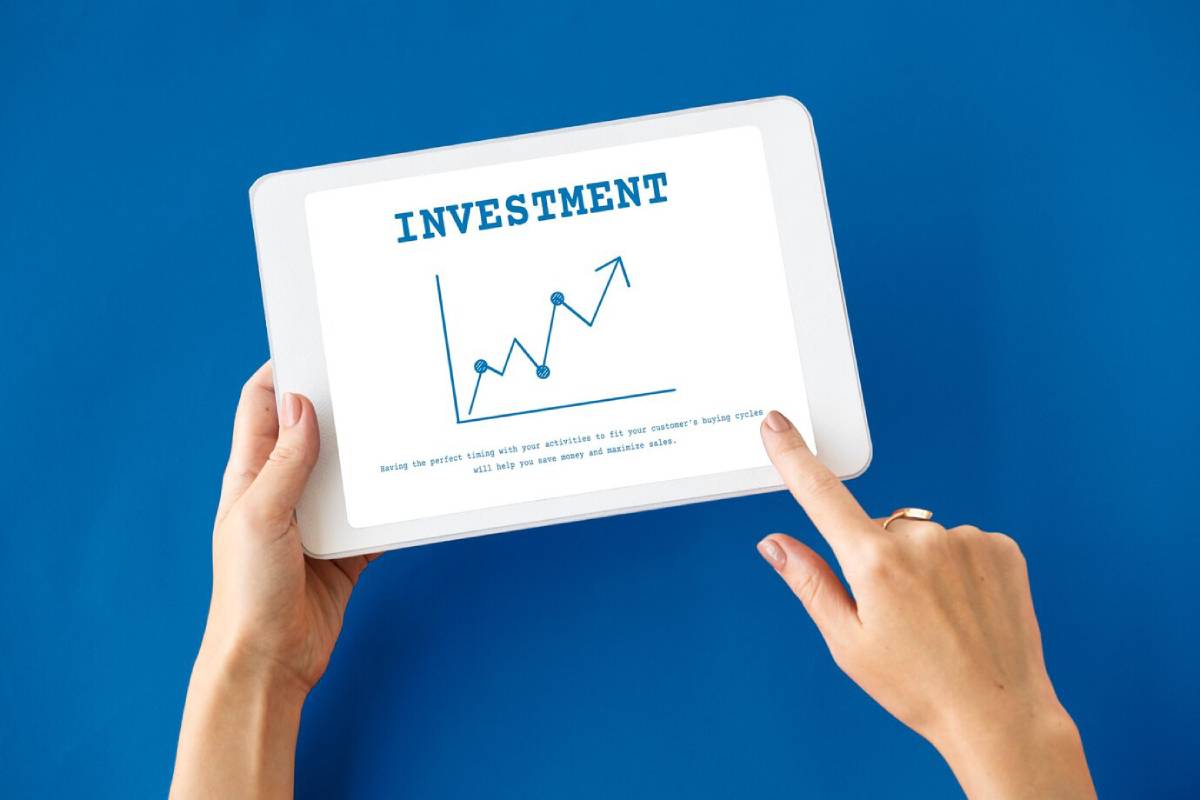
Introduction to Investing for Young Adults
In your twenties or early thirties, investing can seem like a task for “future-you.” Bills, student loans, rent — they all demand attention now. Start investing early. It boosts your chances of building serious wealth.
Investing basics aren’t reserved for Wall Street insiders. They’re tools for anyone, especially young adults, who want to grow their money smartly over time.
This guide helps you learn beginner investing. It offers clear and practical strategies. No jargon here! Just easy steps to kick off your investment journey with confidence.
Why Start Investing Early?
The Power of Time and Compound Interest

Think of investing like planting a tree. The earlier you plant it, the bigger it grows.
Compound interest—earning returns on your investments—is your secret weapon. Even modest amounts can snowball into impressive sums over decades.
Example:
- Invest £1,000 at age 20 with an average 7% annual return.
- By age 40, it grows to over £7,600 — without adding a penny!
- Wait until age 30 to invest the same £1,000? By 40, you’ll have around £2,000.
Time matters more than timing.
Beating Inflation
Savings accounts today offer minimal interest rates. Inflation, the slow rise in prices, reduces the amount of money one can buy.
Investing makes your money grow faster than inflation. This way, in the future, you can afford life’s needs, dreams, and luxuries.
Understanding the Basics of Investing
What is Investing?
Investing means using your money to buy stocks, bonds, or property. The goal is for your investment to grow over time. It involves risk—prices can go up or down. But it also offers the chance for much higher returns than just saving.
Types of Investments
| Type | What It Means | Risk Level |
| Stocks | Ownership of tiny pieces of companies. | Medium to High |
| Bonds | Lending money to governments or businesses. | Low to Medium |
| Mutual Funds | A pool of many investments managed by professionals. | Medium |
| ETFs (Exchange-Traded Funds) | Like mutual funds, but you can trade them anytime, like stocks. | Medium |
| Property | Buying real estate for rental income or value growth. | Medium to High |
Visual Tip: Think of your investments as a pizza. Each slice is different. Some are spicy like stocks, some are mild like bonds, and some are cheesy like property. This mix helps balance taste and risk!
Key Principles for Beginner Investors
1. Start Small but Start Now
Platforms today let you start investing with as little as £1 or £5.
Waiting for the “perfect time” often leads to no time. Starting now, even with small amounts, helps you form a habit. It also gives you early compounding power.
2. Diversify Your Portfolio
Don’t put all your eggs in one basket. Diversification spreads your risk across different asset types, industries, and countries.
If tech stocks drop, healthcare or energy stocks might rise. This can help balance your overall returns.
3. Think Long-Term
Markets can be bumpy in the short run, but history shows they tend to rise over decades.
Investing is a marathon, not a sprint. Short-term downturns shouldn’t scare you away.
4. Understand Your Risk Tolerance
Ask yourself:
- Could you handle seeing your portfolio temporarily drop by 10%… or even 20%?
- Are you investing for a 5+, 10+, or 30+ year goal?
Knowing your comfort with ups and downs helps you choose the right investments.
Explore More: Risk Tolerance: Knowing Your Investment Comfort Zone
5. Keep Costs Low
Investment fees might seem tiny — 0.5% vs 1% — but over decades, they can slash your returns by tens of thousands.
Look for:
- Low-cost index funds
- ETFs with expense ratios under 0.2%
- Zero-commission trading apps
Common Mistakes New Investors Should Avoid
| Mistake | What Happens | How to Avoid |
| Chasing Hot Tips | High risk of losses. | Stick to researched, diversified investments. |
| Timing the Market | Unpredictable gains/losses. | Invest consistently over time. |
| Ignoring an Emergency Fund | Forced to sell investments during crashes. | Save 3–6 months’ living expenses first. |
| Investing Money You’ll Need Soon | Risky if the market dips. | Only invest money you won’t need for 3–5+ years. |
Related Read: Building an Emergency Fund: Why and How
Easy Ways for Young Adults to Start Investing
1. Use a Robo-Advisor
Apps like Moneybox, Nutmeg, and Wealthify help you invest automatically. They consider your goals and risk appetite.
Ideal for beginners who want low-effort, diversified portfolios.
2. Open a Stocks and Shares ISA
In the UK, a Stocks and Shares ISA lets you:
- Invest up to £20,000 per year
- Pay no tax on dividends, growth, or withdrawals
Massive advantage for long-term wealth building!
3. Invest in Low-Cost ETFs
ETFs track entire markets — like the FTSE 100 or S&P 500 — with minimal fees.
Benefits:
- Instant diversification
- Easy to buy and sell
- Historically strong long-term returns
4. Try Micro-Investing Apps
Apps like Plum, Chip, or Moneybox round up your spare change from purchases and invest it.
Perfect if you feel you “don’t have enough money” to invest yet.
Real-Life Story: Starting Small, Winning Big
Meet Hannah, 23, from Liverpool.
- She invested £50/month into a global ETF three years ago.
- Today, her portfolio has nearly reached £2,000. This growth comes from steady contributions and a rising market.
Her advice: “Don’t wait for a big raise or bonus. Just start small — your future self will thank you.”
FAQs About Investing for Young Adults
Is investing risky?
Yes — but not investing at all carries its own risk: losing purchasing power to inflation.
How much should I invest to start?
Even £5 or £10 a week builds momentum. The key is consistency.
Should I pick individual stocks?
Beginners are usually better off starting with diversified funds like ETFs. Picking stocks is exciting but riskier.
Conclusion: Your Future Self Will Thank You

Investing is no longer optional — it’s essential.
By learning investing basics now, you build:
- Financial security
- Freedom to choose your future lifestyle
- The ability to chase dreams without money stress
Remember:
- Keep it simple.
- Start small, but start now.
- Think long-term.
The best time to plant your money tree was yesterday. The second-best time? Today.
Next Steps:
Open your first Stocks and Shares ISA or robo-advisor account
Set up a small, automatic monthly investment
Bookmark this guide and revisit your strategy yearly!


